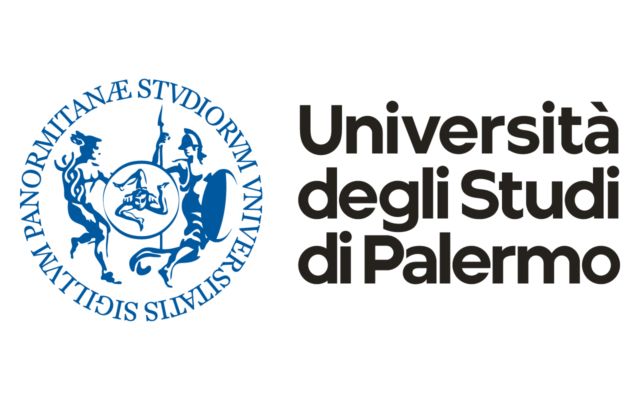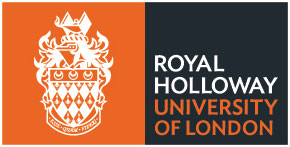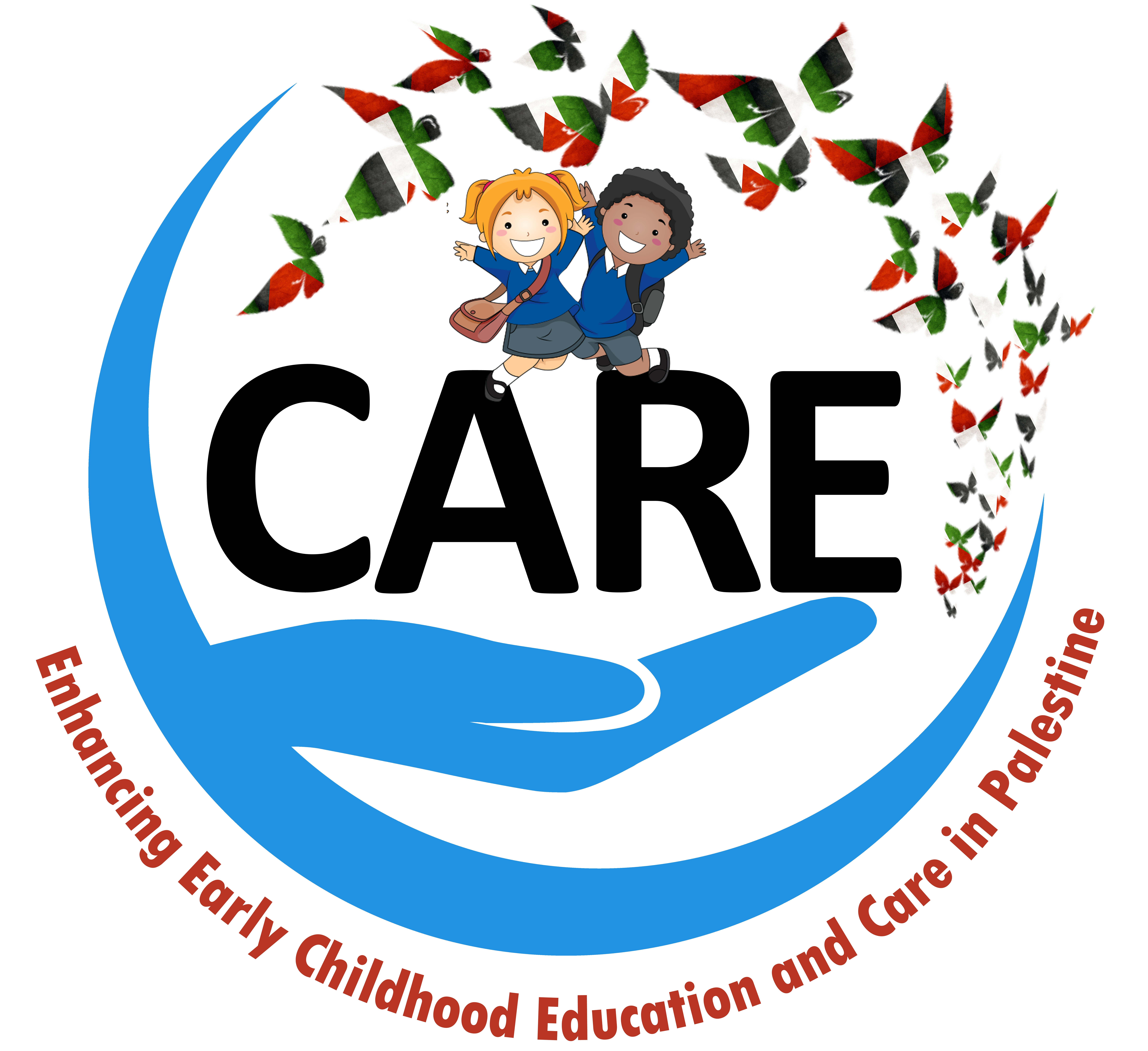Disclaimer: This Project funded by the European Union. Views and opinions expressed are however those of the author(s) only and do not necessarily reflect those of the European Union or the European Education and Culture Executive Agency (EACEA). Neither the European Union nor EACEA can be held responsible for them. ![]()
Resources of Training Course
Royal Holloway University of London
Overview
- Name of The Training course:
Child Development/Child Well-Being in Early Childhood Education and Care (ECEC)
- Name of the Trainer/ Trainers:
- Prof Ravinder Barn
- Dr Anne Brunton,
- Marie Berry,
- David Holmes (Family Action),
- Gagan Dhamu
- Michelle Tamburrini, Ellen Brown
- Becky Mayall
- Number of training hours:
- 5 days (including 1 day of nursery visits)
General Objectives:
to train Palestinian ECEC educators in teaching about child development, and child well-being (from a sociological/social policy perspective with some psychology) to include sociology of child, child rights, and childhood; child well-being (key components in the early years – relationships, ecological environment/context). To support ECEC educators to promote inquiry and reflection in Palestinian early childhood teacher education. To incorporate the micro/meso/macro context to appreciate learning and education of key concepts including socialization, attachment, resilience, and inclusion.
Specific Objectives:
- Equip learners to appreciate the importance of demonstrating knowledge and understanding of child development/child well-being in ECEC.
- Ensure that learners develop the tools to teach about the relevance of familial/community/societal environmental context and its impact on children’s early childhood education and care.
- To become familiar with training approaches the introduce perspective teachers to the teaching and learning of literacy knowledge and skills.
- Prepare learners to appreciate the ability to demonstrate the key skills of reflection, advocacy, empathy, and confidence.
(What the trainee is expected to know & do (Knowledge, Skills and competencies), (After finishing the training Course)
- Demonstrate a good understanding of theory and practice in relation to working with children; and show an appreciation of child development and child well- being.
- Ability to demonstrate reflexive thinking about their own childhood; and understand that childhood is a universal concept but with particular needs and concerns; and to learn about the importance of this as a tool in their own education and training of others in ECEC. (Share reflexive diary exercise template)
- To demonstrate knowledge and understanding of learning through reflexivity and observation of a nursery setting; and appreciate this as a mechanism in the acquisition of knowledge of ECEC. (Share reflexivity log of nursery observation).
Who is the traning course for?
18 Academic Staff (Same members for each training)
- Al-Quds Open University
- Al-Aqsa University
- Al-Rawda University College
- Al-Ummah University College
Methodology: Didactic, group work/discussion, role-play/case vignette explorations.
Assessment Tools: Portfolio assignment to consist of own reflexive log of nursery observation; and reflexive diary of own childhood early education/care memories; formative feedback during class; and end of course Quiz/Questionnaire with multiple choice answers (pre/post training).
Training Course Path
to include sociology of child, child rights, and childhood; child well-being (key components in the early years – relationships, ecological environment/context).
View The Presentation
Authors:
Authors:
- Prof. Ravinder Barn
Section One: Family Action overview, UK Policy Environment, The Importance of Play, Parent Education, The Role of the Early Years Worker, COVID-19 impacts
View The Presentation One
Section Two:The socioeconomic impact of inequalities on children, families and their communities.
View The Presentation Two
Authors:
- Dr Anne Brunton
What is a curriculum?
Generally considered to be a series of interrelated aspects
These aspects set out what we want our children to learn.
Authors:
- Michelle Tamburrini
Notions of child/childhood
Philosophy of childhood
Historical perspective in Europe
Child well-being
Child rights
View The Presentation
Authors:
View The Presentation
Authors:
- Prof. Ravinder Barn
Safeguarding is an umbrella term for what we do
inorder to ensure children are safe from harm.
Authors:
- Marie Berry
Supporting Resources
‘Grown-ups may not realise how much the occupation is affecting us. But we say, “Very much”. So many of us children are wounded and killed. The occupation is burying us alive. Burying our childhood.”
View The Presentation
View The Presentation
The article describes the integration of inquiry, reflective practice, and child-centered teaching approaches in preservice teacher education at the early childhood level. The article reviews relevant literature on the forms and functions of inquiry and reflection as a form of professional development and teacher learning and also describes the current state of Palestinian teacher education and early childhood teaching and learning.
View The Presentation
Authors:
View The Presentation
Authors:
- BUAD KHALES Al-Quds University, Jerusalem, Palestine
- DANIEL MEIER San Francisco State University, San Francisco, California, USA
This paper draws on the results of a study carried out in the West Bank, in 1999, to explore the role of education as a coping strategy among the children of Palestinian refugees, and to examine how the state of being refugees affects perceptions of the value and importance of education. The paper first reviews the background to the development of a formal education system in Palestine.
and considers the different approaches to education in different political contexts, with ensuing particular reference to the West Bank.
View The Presentation
Authors:
View The Presentation
Authors:
- Salah Alzaroo
- Gillian Lewando Hunt
This research aimed to highlight the power of reflective writing for early childhood teachers in Palestine, seven teachers in Palestine participated in this qualitative study, they were asked to write their reflections for 18 months.Data was gathered using semi-structured interviews and reflective writing journals. Data was analyzed using thematic analysis approach in order to determine the possible effects of using reflective writing with teachers on
developing their reflective thinking. The results of the study indicated that reflective writing was capable of developing teachers’ reflective thinking and helped them to change their attitudes toward themselves and empower them as well.
View The Presentation
Authors:
View The Presentation
Authors:
- Buad Kahles
Photo Gallery Activities from RHUL Training Course
Participants Receive their Certificate RHUL Training Course
Training Courses
You might also be interested in these Training courses

Polytechnic Institute of Bragança Portugal
Polytechnic Institute Of Bragança - Portugal
View training Course

Al-Quds Open University, Ramallah, Palestine
Al-Quds Open University, Ramallah, Palestine
View Traning Course

University Of Palermo, Italy
University Of Palermo, Italy
View Traning Course

University of Crete, Greece
University of Crete, Greece
View Traning Course

Royal Holloway University of London (RHUL)
Royal Holloway University Of London (RHUL)
View Traning Course
PIXEL, ITALY
PIXEL, ITALY
View Traning Course

University Of Palermo, Italy
University Of Palermo, Italy
View Traning Course
